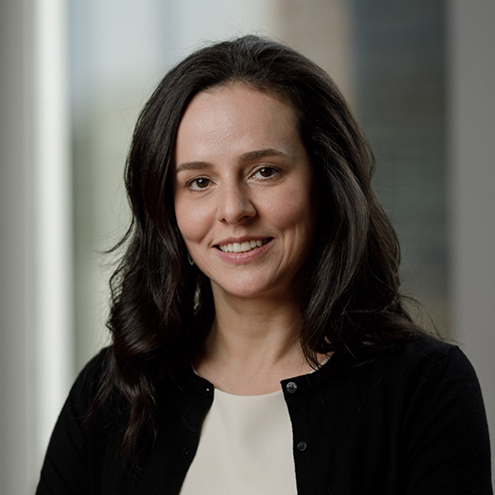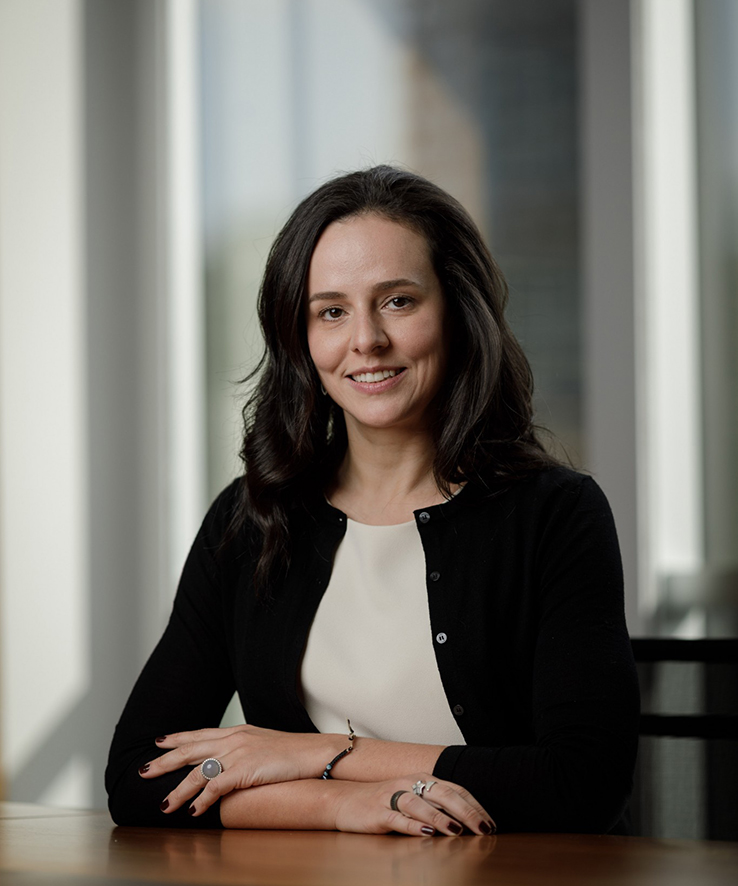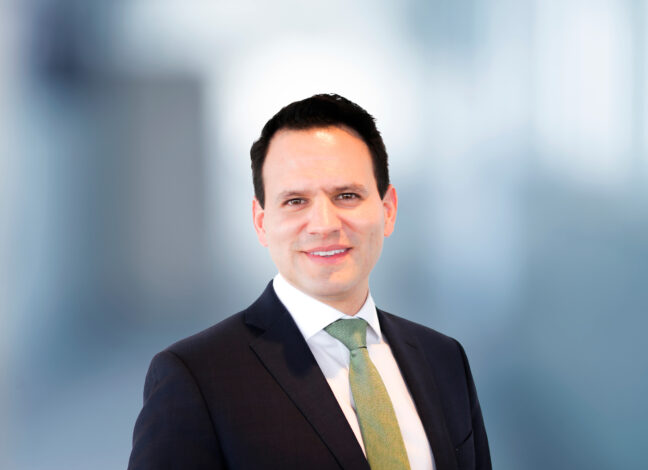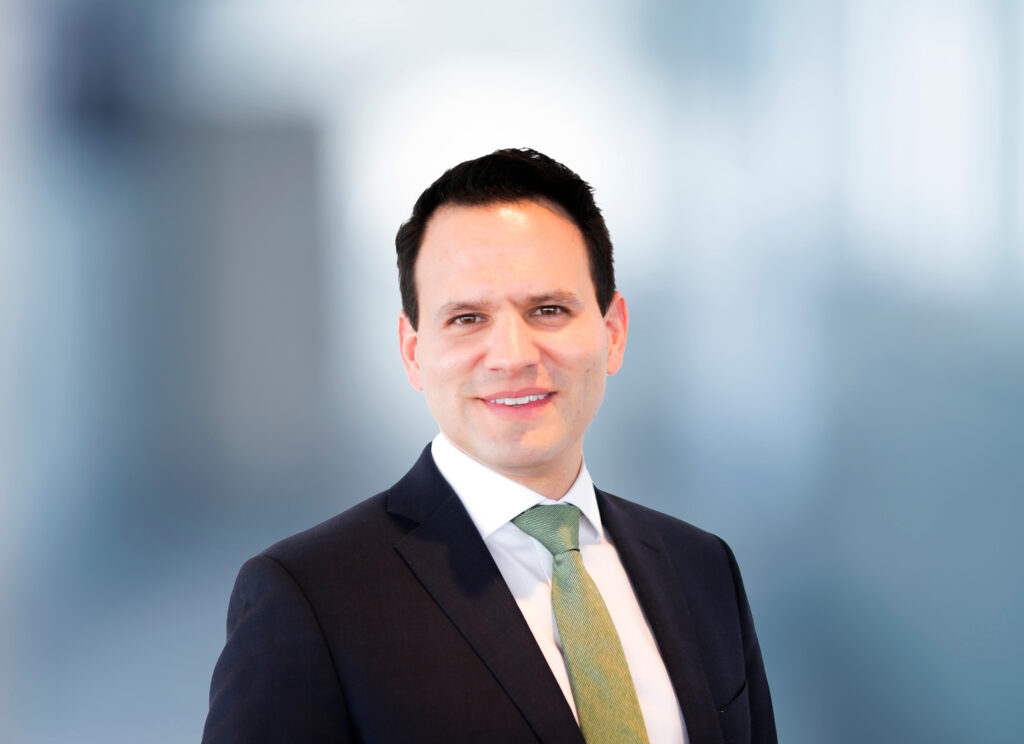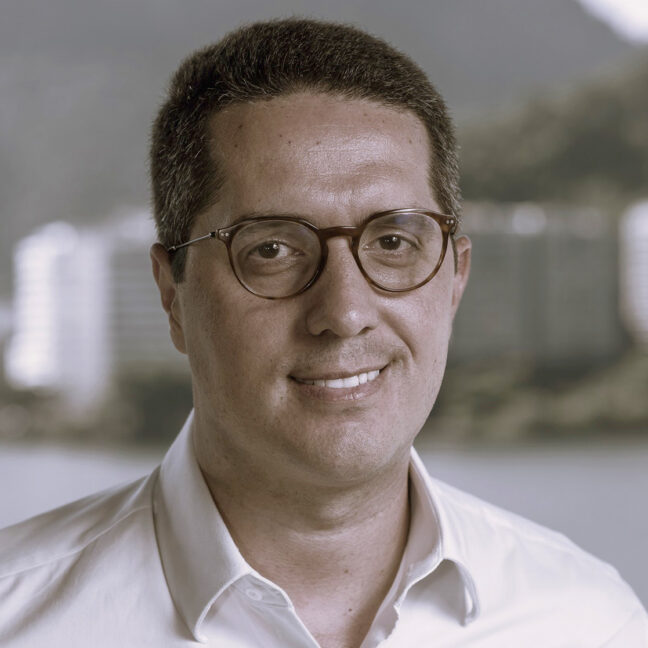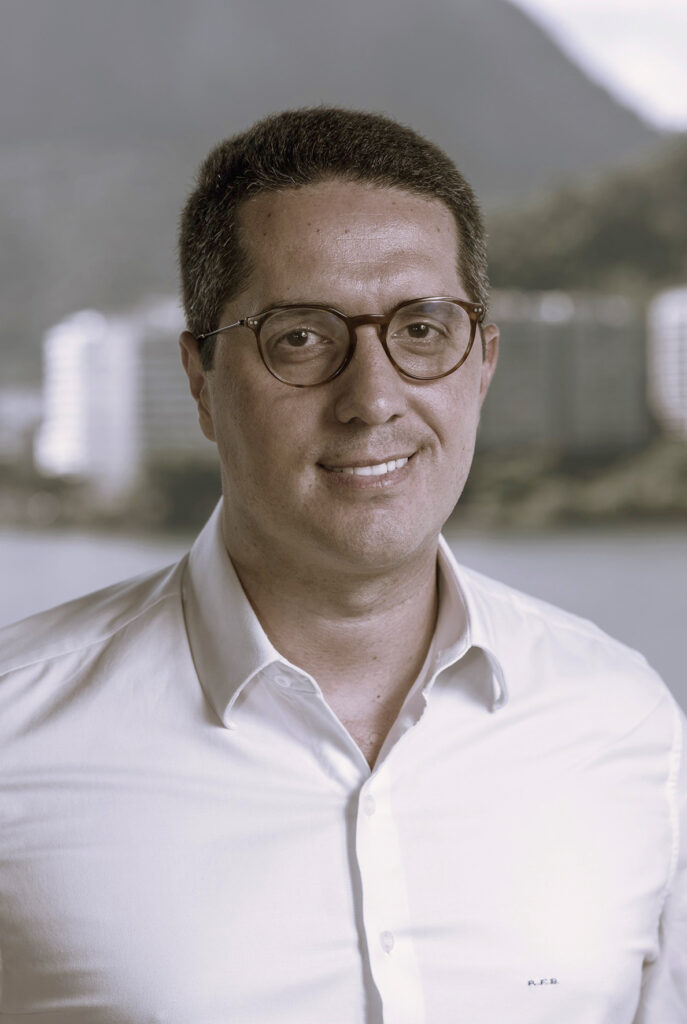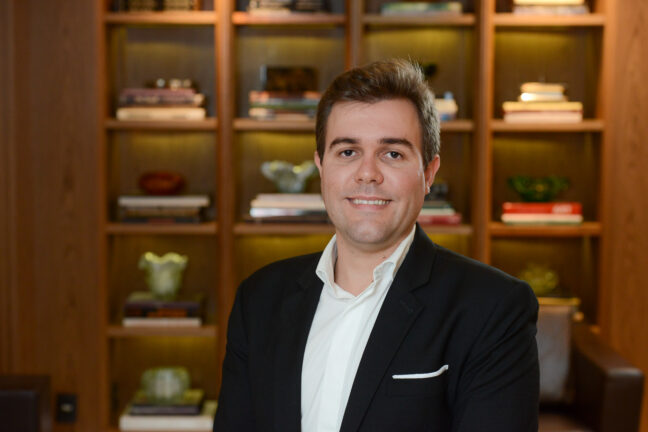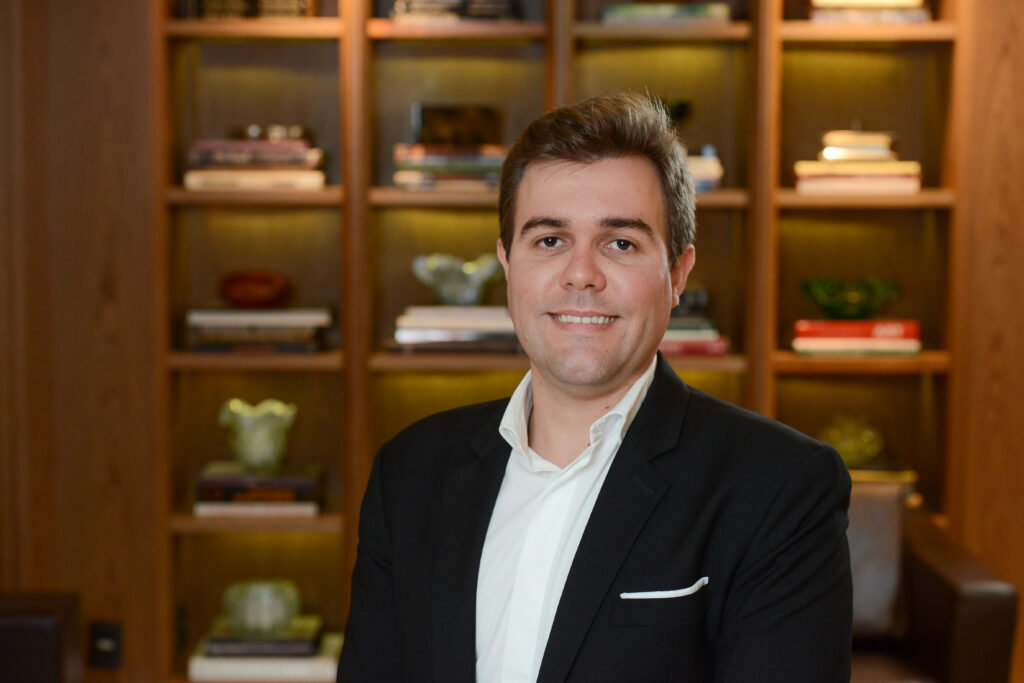TTR Dealmaker Q&A con Rafael Durán, Legal Director de Pinsent Masons

Rafael Durán es Legal Director del departamento de Mercantil en Pinsent Masons Madrid. Cuenta con dilatada experiencia en fusiones y adquisiciones, operaciones de private equity y reestructuraciones societarias. Igualmente, Rafael asesora en otros aspectos del ámbito mercantil, incluyendo contratación y derecho societario en general. Su asesoramiento está dirigido a una gran variedad de clientes nacionales e internacionales, incluyendo tanto a empresas del sector privado como del sector público.
Cuenta con experiencia en diversos sectores como Inmobiliario, Energía, Infraestructuras, Industria Avanzada y Tecnología y Servicios Financieros.
TTR: ¿Cuáles son sus principales conclusiones para el mercado de fusiones y adquisiciones en 2023?
Durante el ejercicio 2023 el mercado de fusiones y adquisiciones en España ha experimentado un descenso significativo, especialmente en términos de valor. Aspectos como la guerra en Ucrania, que ha generado incertidumbre y volatilidad en los mercados financieros; la subida de tipos, que ha encarecido el coste del capital; y la inflación, que ha reducido la capacidad de gasto de las empresas, han contribuido a este descenso. Se trata en todo caso de un fenómeno global del que España no ha podido sustraerse.
Además, aunque sigue habiendo buenos activos y oportunidades, aún no se han equilibrado las expectativas de los vendedores con el ajuste en los precios que viene produciéndose en los últimos años. Los procesos están ahí, pero no terminan de concluir satisfactoriamente.
Pese a este descenso en el ejercicio 2023, el mercado de M&A en España sigue siendo atractivo, con una serie de factores que lo favorecen, como la solidez de la economía española, que se mantiene en crecimiento; la diversificación del tejido empresarial español, que ofrece buenas oportunidades en un amplio abanico de sectores; y el atractivo de España como destino de inversión extranjera.
TTR: ¿Cuáles son las expectativas, riesgos y oportunidades relacionadas con el mercado ibérico de fusiones y adquisiciones en 2024?
Las expectativas para el mercado ibérico de M&A en 2024 son positivas. Esperamos un aumento del importe total de transacciones, que ya empezamos a notar en este final de ejercicio 2023. A pesar del encarecimiento de la financiación y de las dificultades de los fondos para levantar capital (probablemente lo sucedido en años anteriores haya sido excepcional), sigue habiendo un buen nivel de liquidez en el mercado y buenos activos y oportunidades en nuestra economía.
En términos generales, esperamos que los fondos continúen con una estrategia centrada en la gestión de su portfolio, tal y como han venido haciendo durante el ejercicio 2023, por lo que seguiremos viendo procesos de build-up y de inversión en compañías participadas.
Es probable que la difícil situación macroeconómica, unida a las dificultades para acceder a financiación a un coste razonable, pueda afectar a compañías que no se hayan preparado para estas circunstancias, lo cual podría dar lugar a operaciones oportunistas o a procesos de consolidación en determinados sectores.
Por otro lado, no podemos obviar una serie de riesgos que podrían limitar el crecimiento del mercado de M&A, como la incertidumbre económica global, que podría seguir generando volatilidad en los mercados financieros; o una posible recesión económica, que podría afectar a la capacidad de gasto de las empresas.
TTR: ¿En qué sectores los inversores internacionales pueden encontrar las mayores oportunidades en España para el próximo año? ¿Por qué?
Existen diferentes sectores que ofrecerán a los inversores internacionales interesantes oportunidades de crecimiento, rentabilidad y diversificación.
Las principales oportunidades para el mercado ibérico de M&A en 2024 se encontrarán en sectores como el tecnológico, que sigue siendo uno de los más dinámicos y atractivos para las inversiones; el sector energético, que continúa en plena transformación, con un aumento de las inversiones en energías renovables y eficiencia energética; y el sector de la salud, que está experimentando un crecimiento sostenido, impulsado por el envejecimiento de la población y la aparición de nuevas tecnologías.
Además, el sector industrial español sigue siendo atractivo para los inversores internacionales. España tiene una industria sólida y diversificada, con un gran potencial de crecimiento y buenas oportunidades de inversión.
Por otro lado, habrá que estar atentos a los procesos de desinversión en activos no estratégicos que compañías de infraestructuras y servicios están llevando a cabo y que pueden continuar durante el ejercicio 2024.
TTR: Siguiendo el segmento de Venture Capital, vemos que la aparición de unicornios está disminuyendo y algunos están desapareciendo. ¿Cómo evolucionará esta industria en España en 2023 y cuáles son las perspectivas para 2024?
La aparición de unicornios, no sólo en España sino también a nivel global, ha disminuido en 2023 y, especialmente, en el último trimestre, con la cifra más baja de los últimos 6 años. Viendo datos históricos, se aprecia cómo en 2021 y 2022 se produjo una situación post-COVID algo distorsionada, donde llegaron a surgir hasta 150 unicornios al trimestre. No obstante, si atendemos a las cifras de ejercicios anteriores, como 2019 y 2020, y aunque las cifras actuales sean inferiores, no hay una diferencia tan acentuada.
Las condiciones del mercado actual han cambiado. La subida de los tipos de interés ha encarecido el coste del capital para las startups, lo que ha dificultado la captación de financiación. Además, la incertidumbre económica global ha generado cautela entre los inversores.
Pese a este descenso, la industria del Venture Capital en España sigue siendo atractiva, con un gran número de startups innovadoras con potencial de crecimiento. Dada la situación macroeconómica, probablemente los inversores pongan el foco en startups con modelos de negocio sólidos y perspectivas de crecimiento real.
Además, la explosión de la inteligencia artificial y el surgimiento de un gran número de empresas en este sector está generando un gran apetito inversor que dará lugar a un buen numero de operaciones en esta industria.
Por todo lo anterior, y considerando que es probable que las condiciones del mercado mejoren, las perspectivas para 2024 en el segmento de Venture Capital son positivas.
TTR: ¿Cuáles serán los principales desafíos para Pinsent Masons en España en los próximos meses?
Los principales desafíos para Pinsent Masons en España en los próximos meses serán (i) continuar creciendo y consolidándose como uno de los principales despachos de abogados de M&A en España, con especial foco en los sectores en los que estamos especializados; (ii) adaptarse a los cambios del mercado, como la digitalización y la irrupción de la inteligencia artificial, así como ámbitos de creciente relevancia en las transacciones (los criterios ESG); y (iii) atraer y retener el mejor talento, lo cual es un desafío cada vez más complicado.
Para afrontar estos desafíos, Pinsent Masons seguirá apostando por la innovación, la especialización sectorial y la captación del mejor talento. El despacho seguirá desarrollando nuevas herramientas y servicios para apoyar a sus clientes en sus operaciones de M&A. Además, seguirá ampliando su equipo con profesionales altamente cualificados y especializados.

